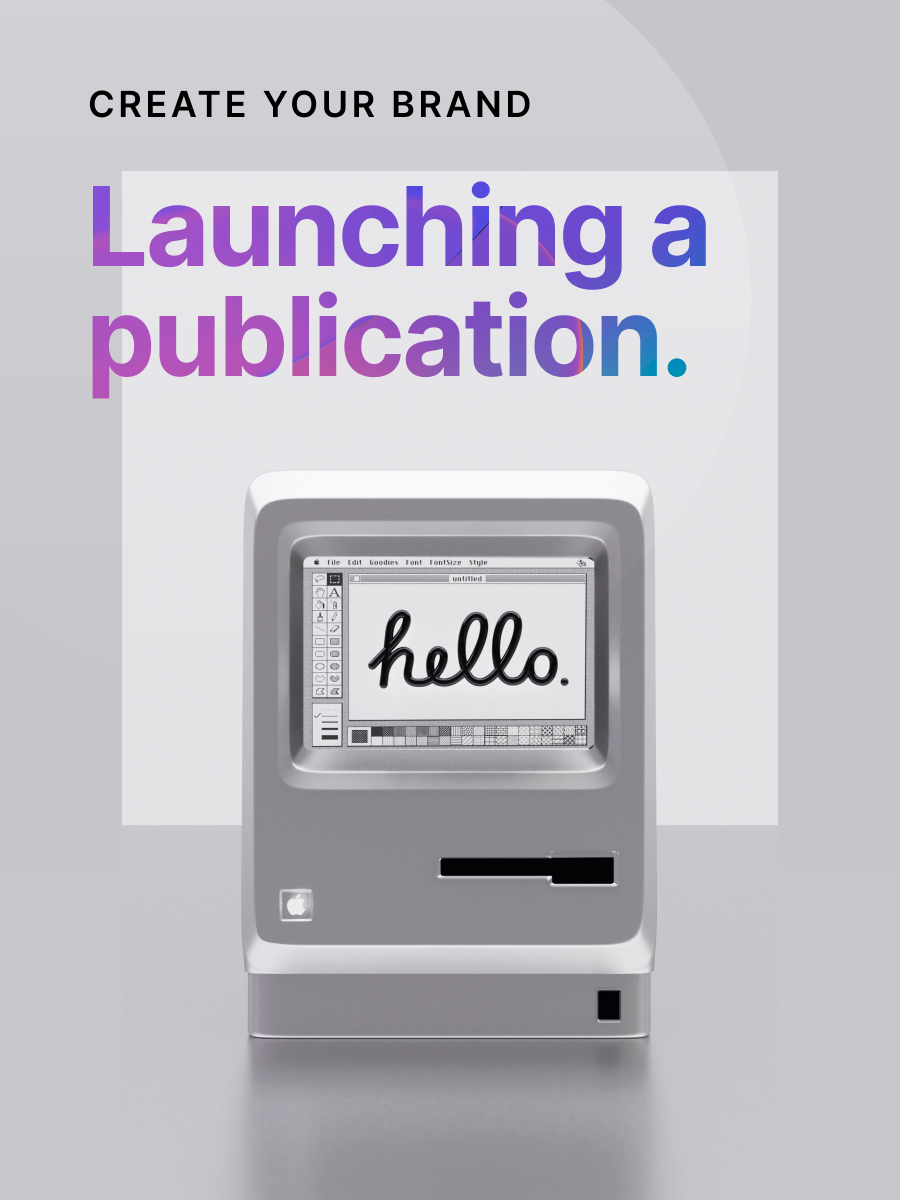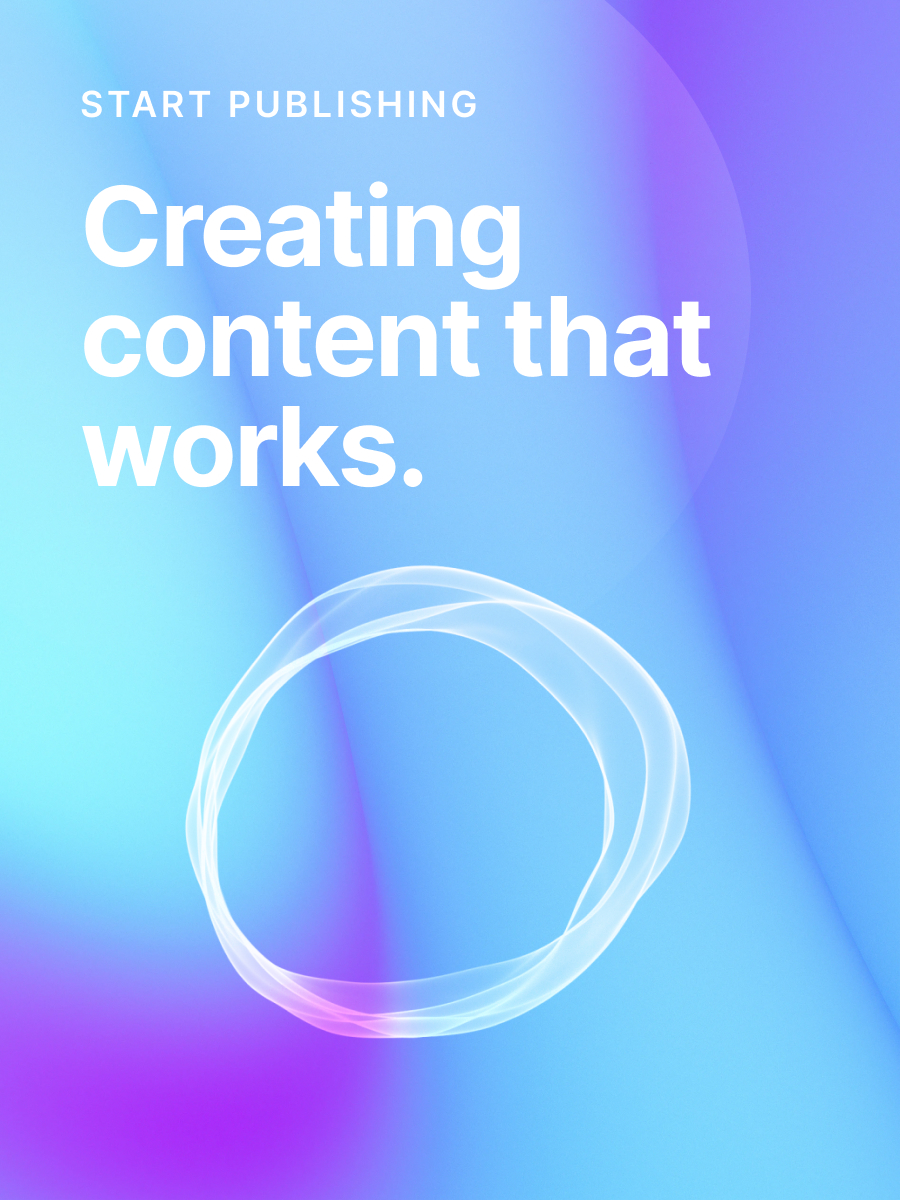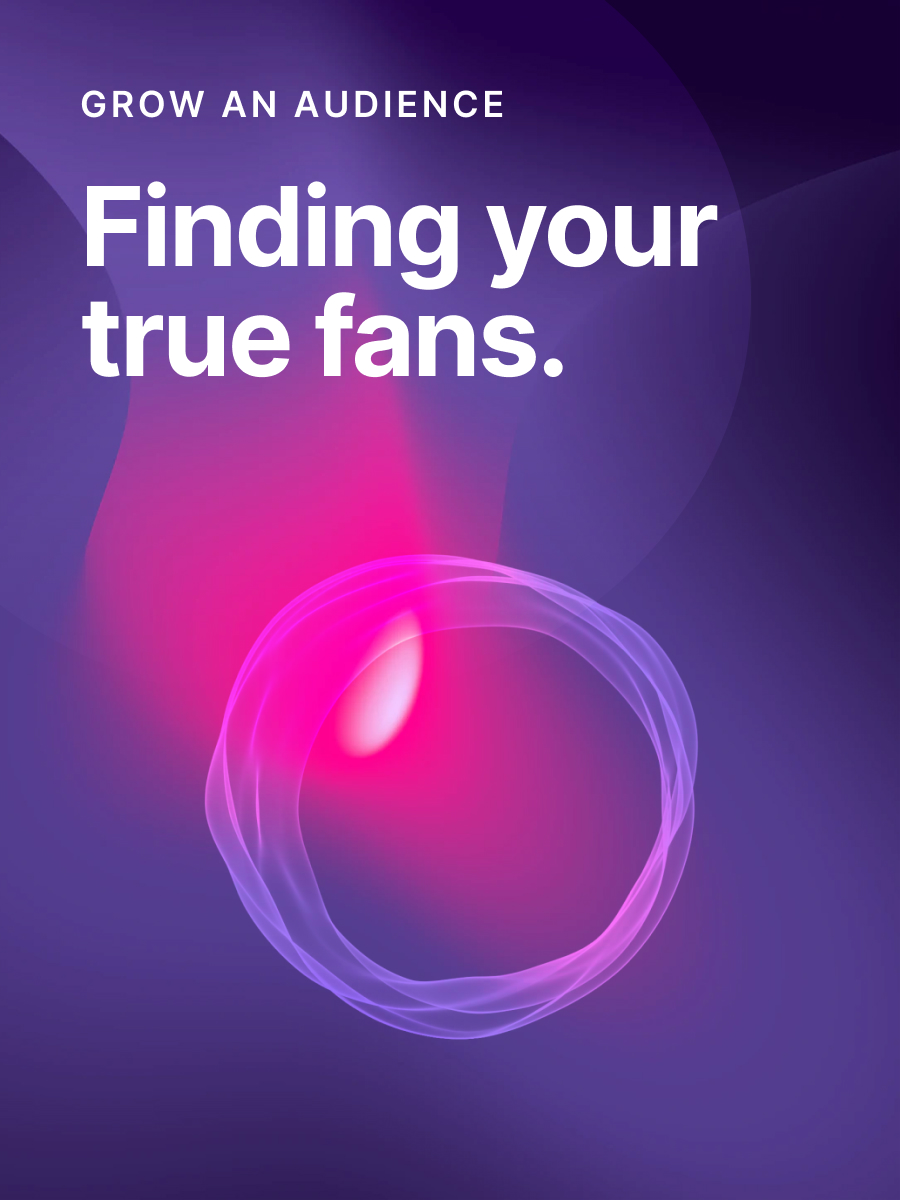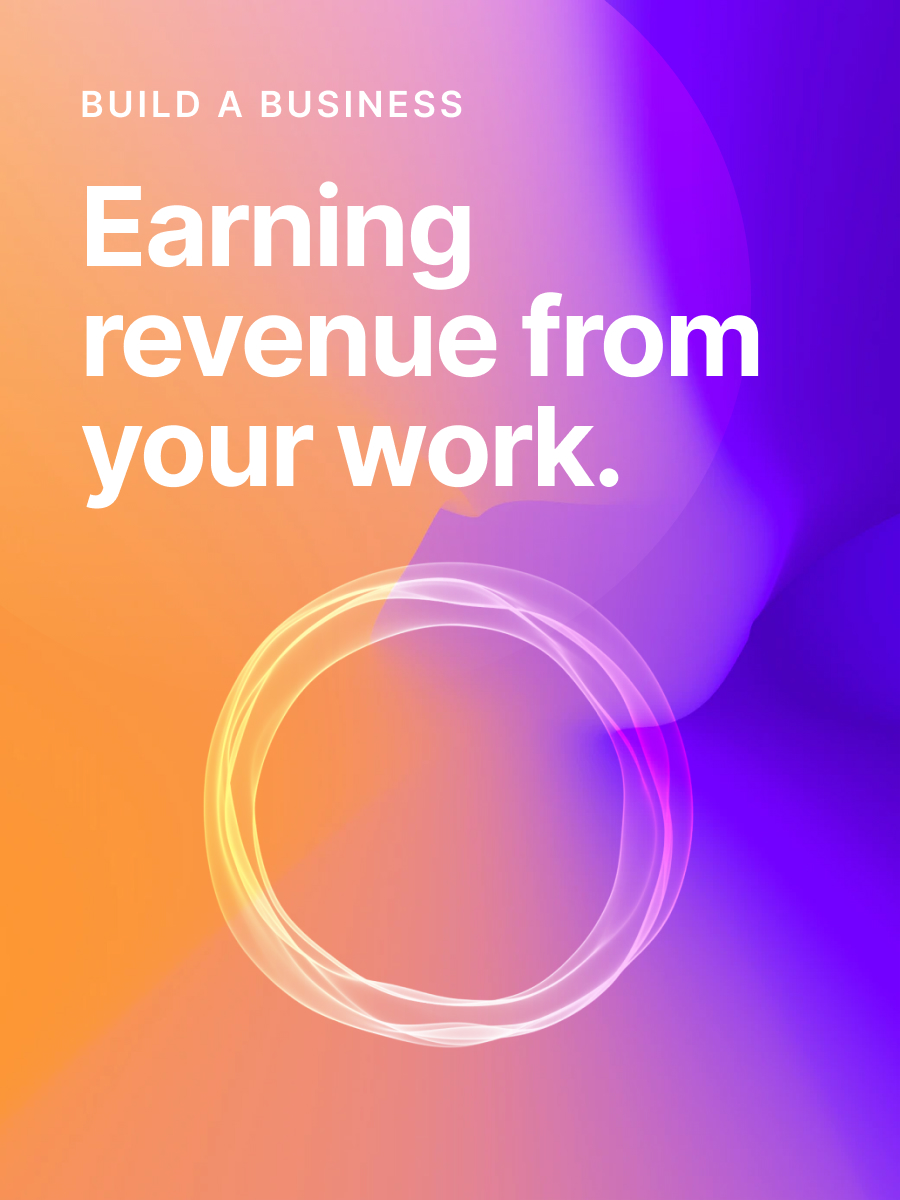#3 — Political advertising crossfire
Happy Sunday!
We’re back with the latest happenings in the industry, from doom and gloom to new business models. It’s a little difficult to avoid the constant onslaught of news affecting publishers out of Facebook, but you’ll see in this newsletter that there’s hope beyond the algorithm.
If you love this, hate it, or anything else, feel free to reply and say hello! Otherwise, we’d love if you’d tweet about publisher weekly to help get the word out :)Until next week,
John
Publishers in the political advertising crossfire
It might surprise you to learn that many publishers actually pay Facebook to boost the exposure of their news articles, which is an effective tactic to gain traction in the Newsfeed for stories that have potential but need a lift beyond just the organic one.
As a part of a change that targets political advertising in the US, Facebook is adding a giant label to advertising on political content and publicly archiving these posts as well, which it hopes will get regulators off its back. Publishers are frustrated, presumably because the giant ’paid for by The New York Times’ tag that will appear on these posts de-legitimizes the stories by looking exactly like political advertising, rather than them just padding their own bottom lines.
In protest of these changes, major publishers are pulling their ads from the service. It’s doubtful it’ll impact anything, since some of the same publishers are happy to take that sweet Facebook cash for the new original video programming the company’s working on.
When smart paywalls are dumb
From another fantastic newsletter written by Martin Bryant, a look at what makes modern paywalls so infuriating: they basically make it entirely pointless for readers to link to them, foregoing free traffic and potential customers, as visitors land against a hard paywall without anything to suck them in or a way to get a taste of what they could be reading.
Medium is probably the best example of a ‘smart’ paywall we’ve seen, which allows three free reads a month, or, if you’re the publisher a particular article there’s a running experiment to let all of your fans in via a magic link for free.

Firefox is using Pocket to try to build a better news feed than Facebook
Many of us probably forgot that Mozilla acquired Pocket, but it hasn’t let the service die; instead integrating it as a core part of the ‘Quantum’ redesign of the Firefox browser that debuted in early 2018. Pocket now has a home on the new tab page, and has a novel approach to creating recommendations: not taking your data and processing it in some cloud service, but doing it locally instead. According to The Verge, Pocket has become a 'significant’ source of traffic for many publishers, and they hope to eventually offer revenue sources to support them as well.
Vox gets a Netflix show, and Ezra Klein explains why
Ezra Klein says the Netflix series is tackling questions that are “too big for YouTube,’ whatever that means, and plans a 20 mini-documentary episode run over the coming weeks. Watch the show here, if you’re curious.
Why publishers should consider the “Smart Curation” market
“Curation has been consistently ignored by big media companies. By curation, I mean lifting what is relevant from a journalistic perspective and selectively linking to it.”
Twitter pushes into news, again
A new initiative from Twitter will see breaking news notifications on your phone’s lock screen, urgent news stories in your feed, and new ways to browse what’s happening out there. Like with previous efforts, Twitter hopes to surface the ‘newsworthy’ moments easier, but what this means for Moments is anyone’s guess.
Zetland’s members asked for an audio version — and now it’s more popular than their written stories
A surprising twist for a Danish media company that originally only provided written content, then moved into audio and found it to be vastly more popular. More than 60 percent of its readers prefer audio, and those members are paying for the privilege through a $12/month subscription.






